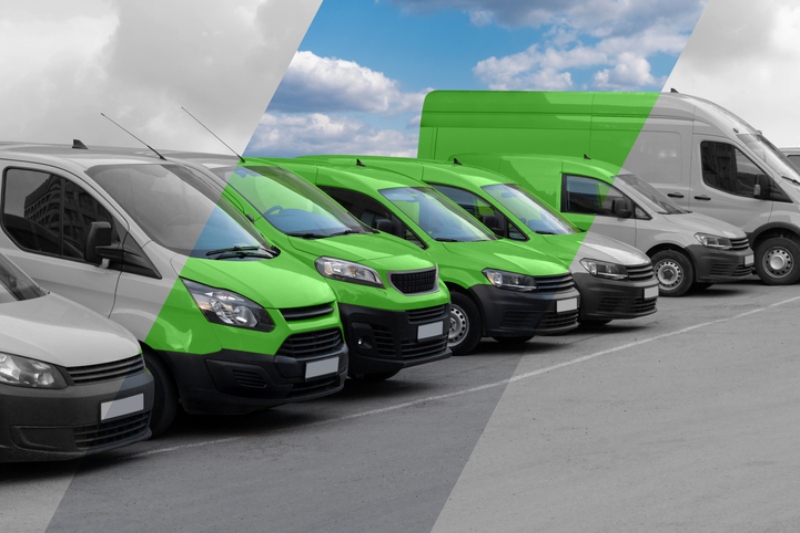Cabinet councillors at Lewes District Council have put the seal on plans that will lead to a new fleet of ultra-low emission refuse and recycling vehicles by 2030.


The meeting earlier this month heard how council officers will be conducting trials of vehicles that will include electric refuse trucks, ones fuelled by hydrogen and others that utilise renewable diesel.
Subject to these tests and council approval, the first new electric vehicles will hit the road in 2023 collecting food waste from homes in the district.
Cllr Julie Carr, cabinet member for Recycling, Waste & Open Spaces, said: ‘The Co-operative Alliance’s shared goal is for the council to become net zero carbon and fully climate resilient by 2030 and the decision today is a massive step forward in our work to achieve that.
‘We all want the cleanest and most modern refuse fleet, but in getting to that point we have to factor in the rapid speed at which the technology is evolving. Undoubtedly, the new ultra-low emission solutions that are coming forward currently will be readily available and more affordable in time for us to meet our ambitions.’
In advance of the 2030 milestone, analysis has shown a clear carbon benefit of re-using and upgrading the current fleet to extend its life, with 5 to 8% of a new truck’s whole life carbon emissions attributed to its production.
Cllr Matthew Bird, cabinet member for Sustainability, said: ‘Officers have spent a lot of time exploring options such as hydrogen, electric and low carbon fuels, talking to many industry experts. Given where technology, global supplies and importantly the state of charging infrastructure across a predominantly rural district is, this is the most sustainable and cost-effective option we can implement at this time. This is a flexible and sensible solution in the context of the current challenges facing the whole sustainable transport sector.’
Additionally, the plan is to use renewable diesel in the interim period if readily available and financially viable. Manufactured from 100% renewable and sustainable waste products, renewable diesel can be used as a replacement for conventional diesel. It is made using waste fats and oils and reduce tailpipe emissions considerably.
Cllr Carr added: ‘There are a lot of uncertainties where ultra-low emission solutions are concerned, which is why we are putting the plans and measures in place that we know will get us to a zero emissions fleet by 2030.
‘Establishing a clean fleet of refuse and recycling vehicles is non-negotiable for the Co-operative Alliance and the decision by cabinet today is testament to that commitment.’